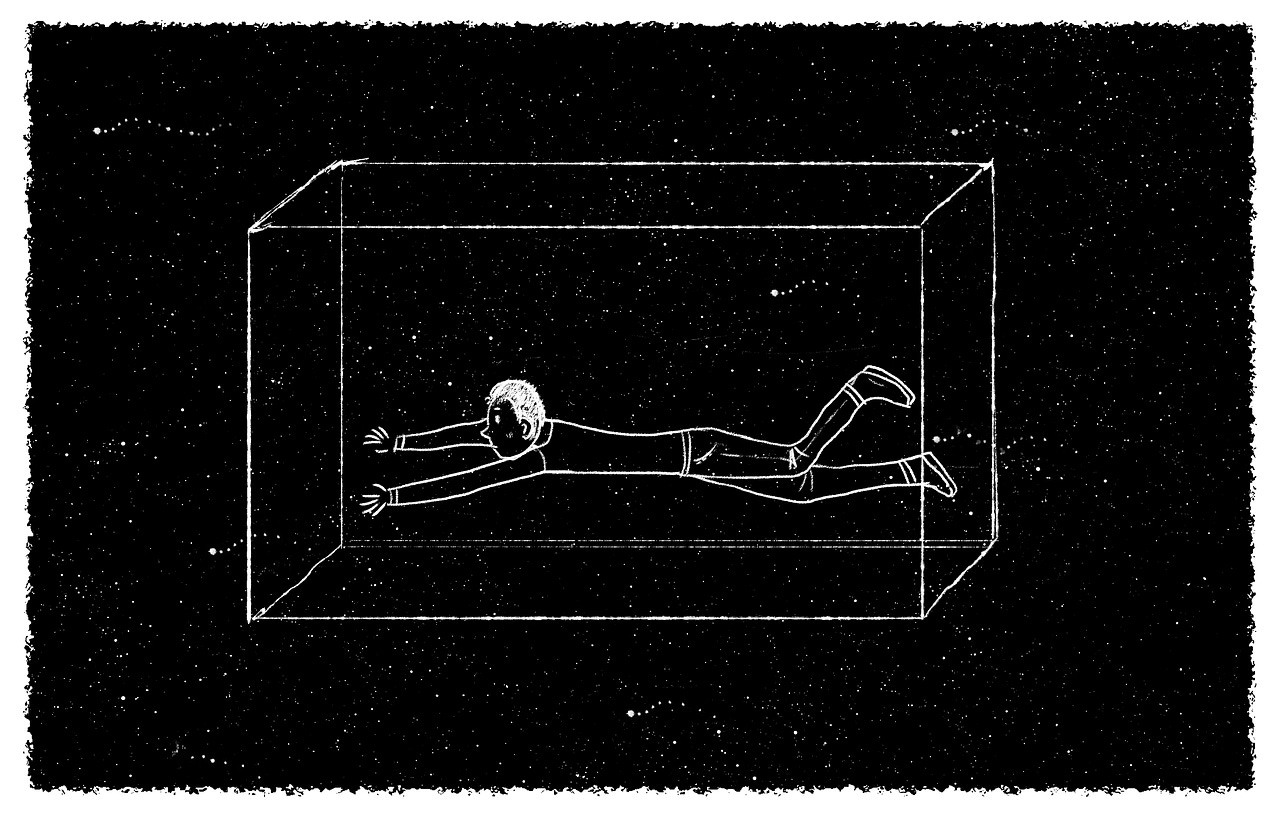Good morning! How did you sleep?
While many households might start their day with a casual "How are you?" in our home, the question that stands out is, "How did you sleep?" It's a small shift in emphasis, but it speaks volumes about the recognition of the importance of this seemingly simple nightly activity.
This unconventional morning inquiry is more than just a routine. It's a reminder of the significance we place on self-care and the acknowledgement that our mental and physical health are intrinsically linked to the quality of our sleep. After all, haven't we all experienced the profound impact a night of sound sleep can have on our mood, energy levels, and overall outlook?
As by habit we gather around the breakfast table, coffee mugs in hand and sleep still lingering in the corners of our eyes. We take our time to talk. “How did you sleep?” The responses to the question vary. Each answer is a good starting point for a conversation leading to tales of vivid dreams that could rival blockbuster movies (that’s always me or my son) to the frequent complaints about disturbed sleep (that’s most of the time me too) or simple satisfaction with a disturbed but still restful night (that’s the rest of the house).
In a way, this morning ritual has fostered a sense of empathy and understanding within our family. If missed, there is a sense of disinterest or even neglect. Although my mathematically focused son most of the time shares how many hours of sleep he managed to clock in, it's about recognizing the subtleties of each other's experiences.
In a world where conversations often revolve around daily tasks, work updates, or the latest news, it's refreshing to have a morning ritual centred around sleep. While commonly seen as a state of rest, sleep is a dynamic period where the brain engages in essential processes crucial for cognitive functioning and overall well-being.
“How did you sleep?” invites conversation beyond the surface level of the state of rest and encourages a deeper connection. It opens the door for discussions about dreams, sleep patterns, and the factors that contribute to a night of restful slumber. In a way, it's a shared acknowledgement that sleep, often relegated to the background in our fast-paced lives, deserves a moment in the spotlight.
So, as Monday morning begins, with rain heard through the windows and I anticipate our unique responses to the familiar question, I can't help but appreciate the simplicity of our morning ritual. Inquiring about each other's sleep is not just a routine; it's a declaration that we value not only how we face the day but also how we recharge and rejuvenate during the night. It's a gentle reminder that a good morning might start with a good night's sleep or with a rub of ointment on a hurting back.
If it is still a morning for you, ask someone how did they slept… meet them with a knowing nod and an offer of extra coffee or celebrate with a cheerful high-five.
“It is not how much we give, but how much love we put into giving” - Mother Teresa
Share a coffee or a cheerful high-five!
Conclusion:
While the reasons behind neglecting sleep may vary, the undeniable truth is that it comes at a significant cost. Prioritising sleep is not a luxury; it's a necessity for optimal physical and mental health. Recognising the factors contributing to sleep neglect is the first step toward fostering a culture that values and prioritises rest.
Read on various facets of sleep, including REM sleep and its role in memory consolidation, emotional processing, stress hormone regulation, and cognitive restoration, and some advice on Obstacles to Quality Sleep:



